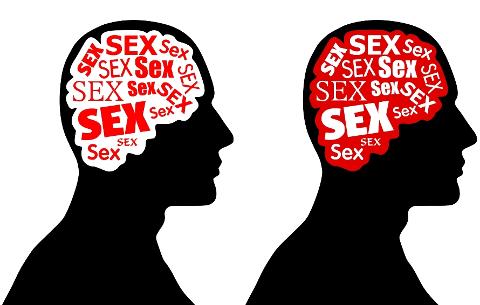
 In their Comment in The Lancet Psychiatry, John B Saunders and colleagues1 aptly described current debates regarding the consideration and classification of gambling and gaming disorders as addictive disorders, which occurred during the generation of DSM-52 and in anticipation of ICD-11.3Compulsive sexual behaviour disorder is being proposed as an impulse-control disorder for ICD-11.3However, we believe the logic applied by Saunders and colleagues1 might also apply to compulsive sexual behaviour disorder.
In their Comment in The Lancet Psychiatry, John B Saunders and colleagues1 aptly described current debates regarding the consideration and classification of gambling and gaming disorders as addictive disorders, which occurred during the generation of DSM-52 and in anticipation of ICD-11.3Compulsive sexual behaviour disorder is being proposed as an impulse-control disorder for ICD-11.3However, we believe the logic applied by Saunders and colleagues1 might also apply to compulsive sexual behaviour disorder.
Compulsive sexual behaviour disorder (operationalised as hypersexual disorder) was considered for inclusion in DSM-5 but ultimately excluded, despite the generation of formal criteria and field trial testing.2 This exclusion has hindered prevention, research, and treatment efforts, and left clinicians without a formal diagnosis for compulsive sexual behaviour disorder.
Research into the neurobiology of compulsive sexual behaviour disorder has generated findings relating to attentional biases, incentive salience attributions, and brain-based cue reactivity that suggest substantial similarities with addictions.4 Compulsive sexual behaviour disorder is being proposed as an impulse-control disorder in ICD-11, consistent with a proposed view that craving, continued engagement despite adverse consequences, compulsive engagement, and diminished control represent core features of impulse-control disorders.5 This view might have been appropriate for some DSM-IV impulse-control disorders, specifically pathological gambling. However, these elements have long been considered central to addictions, and in the transition from DSM-IV to DSM-5, the category of Impulse Control Disorders Not Elsewhere Classified was restructured, with pathological gambling renamed and reclassified as an addictive disorder.2 At present, the ICD-11 beta draft site lists the impulse-control disorders, and includes compulsive sexual behaviour disorder, pyromania, kleptomania, and intermittent explosive disorder.3

